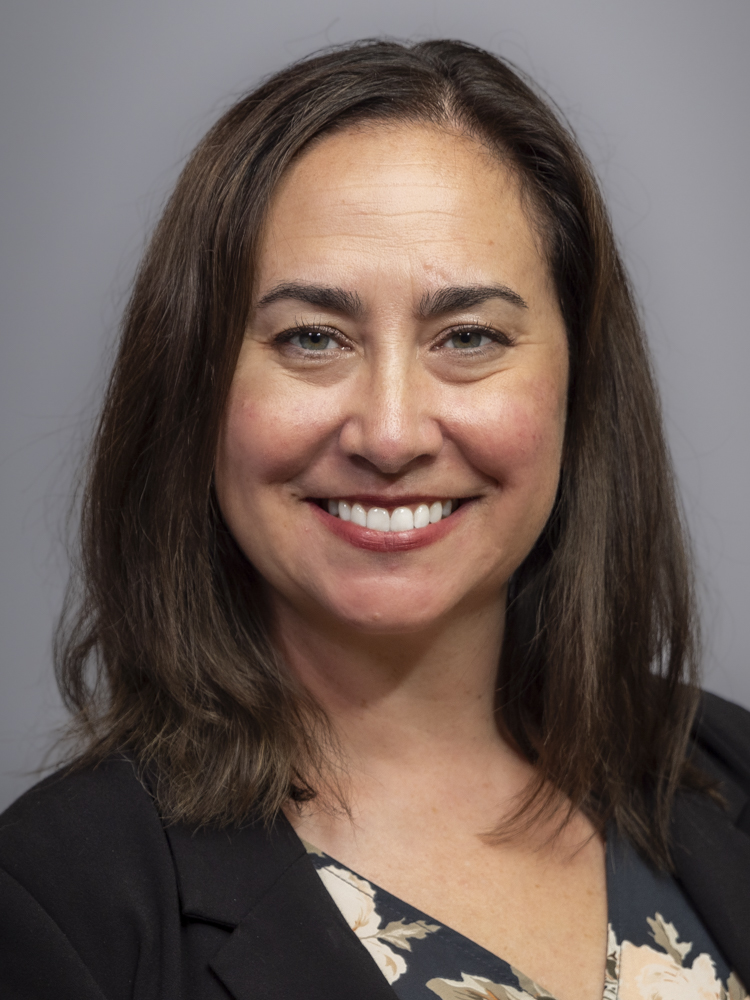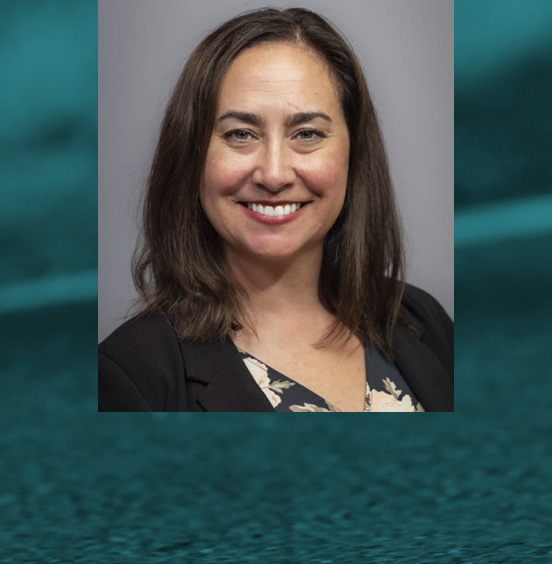The University of New Mexico Comprehensive Cancer Center has initiated a pioneering program that bridges researchers and mentors across four research institutions in the Southwest.
Named the Southwest Transformative Educational Advancement and Mentoring Network, the program will attract cancer disparities researchers and mentors from the University of New Mexico, Northern Arizona University in Flagstaff, Arizona, New Mexico State University, and the Burrell College of Osteopathic Medicine, which is located on NMSU’s campus in Las Cruces. The STEAM network’s initial focus will be in New Mexico and Arizona with plans to potentially expand in the future.
“We want to support individuals in their transition to becoming established cancer health disparities researchers, particularly here in the Southwest. Our goal is to provide comprehensive support, encouraging their retention to the Southwest in this vital field,” said Dolores Guest, PhD, RD, Director of the Behavioral Measurement and Population Science Shared Resource at UNM Comprehensive Cancer Center. Guest serves as the UNM Principal Investigator for the STEAM Network.
Targeting graduate students, professional students, postdoctoral fellows, and early stage investigators, especially those from underrepresented communities, the program also welcomes medical students, residents and fellows interested in research.
Funded by the National Cancer Institute, this collaborative program stands as one of only two funded programs of its kind, and the only one serving multiple institutions.
Guest said the collaborative effort will offer participants opportunities to leverage the strengths of each institution, regardless of their physical location relative to the campuses. “Some resources are readily accessible which we will be highlighting for our scholars, while others will be developed to meet their specific needs,” she said.
Mentorship stands as a cornerstone of the program, with numerous researchers already expressing interest in providing guidance and mentorship for STEAM scholars. Guest said mentor-mentee matches entail a minimum one-year commitment.

“Research across various disciplines contributes to addressing cancer health disparities in our diverse population of patients, from bench science to translational science."
Scholars engaged in research that focuses on cancer health disparities, across all fields and disciplines, are eligible for the program.
“Research across various disciplines contributes to addressing cancer health disparities in our diverse population of patients, from bench science to translational science,” Guest said.
The program’s emphasis on diversity extends to its recruitment strategy, leveraging the minority-serving institution status of all universities. Guest added that the STEAM program targets scholars who meet the criteria of the National Institute of Health’s definition of underrepresented populations in biomedical research based on race, ethnicity, gender, disability, and those from disadvantaged backgrounds.
“The primary goal is to support individuals who may face barriers to accessing such opportunities,” Guest said.
Diversifying the pool of researchers examining health disparities can ultimately enhance the quality of cancer care. “For instance, addressing cultural or regional factors influencing hesitance to cancer screening behaviors can lead to improved outcomes,” Guest said.
In addition to providing a pool of mentors, the program employs Training Champions at each campus to facilitate the program. They engage and recruit scholars, pair and support mentor/mentee matches, and identify campus resources for program utilization.
With an estimated initial capacity of approximately 30 scholars annually, Guest expressed aspirations for mentorship program expansion beyond the current campuses.
“We envision extending our reach to other institutions within and beyond our states,” she said.
UNM Comprehensive Cancer Center
The University of New Mexico Comprehensive Cancer Center is the Official Cancer Center of New Mexico and the only National Cancer Institute-designated Cancer Center in a 500-mile radius.
Its more than 136 board-certified oncology specialty physicians include cancer surgeons in every specialty (abdominal, thoracic, bone and soft tissue, neurosurgery, genitourinary, gynecology, and head and neck cancers), adult and pediatric hematologists/medical oncologists, gynecologic oncologists, and radiation oncologists. They, along with more than 600 other cancer healthcare professionals (nurses, pharmacists, nutritionists, navigators, psychologists and social workers), provide treatment to 65% of New Mexico’s cancer patients from all across the state and partner with community health systems statewide to provide cancer care closer to home. They treated almost 15,000 patients in more than 100,000 ambulatory clinic visits in addition to in-patient hospitalizations at UNM Hospital.
A total of nearly 1,855 patients participated in cancer clinical trials testing new cancer treatments that include tests of novel cancer prevention strategies and cancer genome sequencing.
The more than 123 cancer research scientists affiliated with the UNMCCC were awarded $38.2 million in federal and private grants and contracts for cancer research projects. Since 2015, they have published nearly 1000 manuscripts, and promoting economic development, they filed 136 new patents and launched 10 new biotechnology start-up companies.
Finally, the physicians, scientists and staff have provided education and training experiences to more than 500 high school, undergraduate, graduate, and postdoctoral fellowship students in cancer research and cancer health care delivery.
